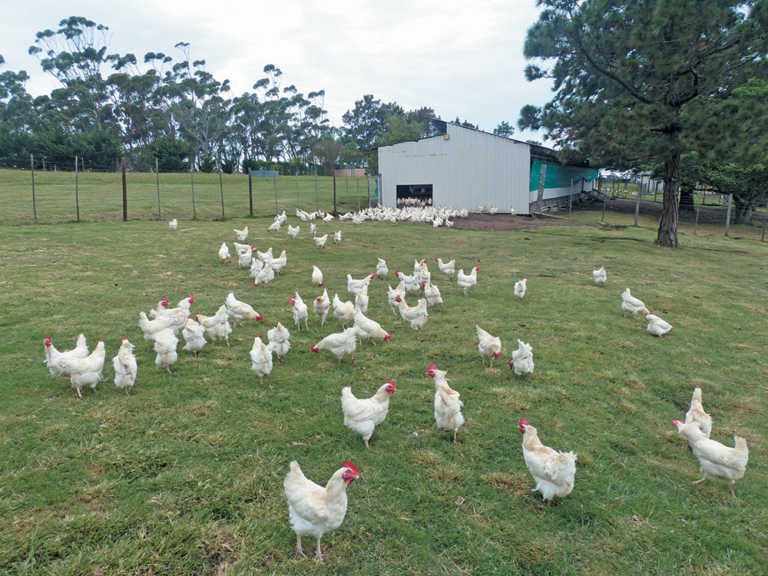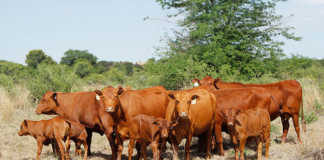
This was according to Dr Langelihle Simela, business development manager at Absa AgriBusiness, who was speaking at the 111th AVI Africa poultry conference held recently at Emperors Place in Johannesburg.
Simela said that a small agricultural business had to consider several factors before approaching a bank for a loan.
Because a bank first studied a business’s track record before ending money, sound recordkeeping of all transactions was crucial.
“A bank needs audited financial statements to assess performance. It also needs to see that one is improving or that growth at least remains constant,” she said.
Including high salaries into loan applications when applying for a loan was seen as a definite no-no by banks, as banks financed businesses, not salaries, she added.
A personal contribution showed a bank that a lender was committed to making a success of his or her enterprise. It also reduced the interest burden on the lender. Ideally, a personal contribution should constitute between 20% and 50% of the loan amount.
“However, taking out an additional loan to finance one’s own contribution was another no-no for banks, as the business then had debt from the start,” she said.
Banks usually loaned money to those who could show that they had hands-on experience and management ability, and not those who emphasised their academic qualifications or leadership positions on many boards, she said.











